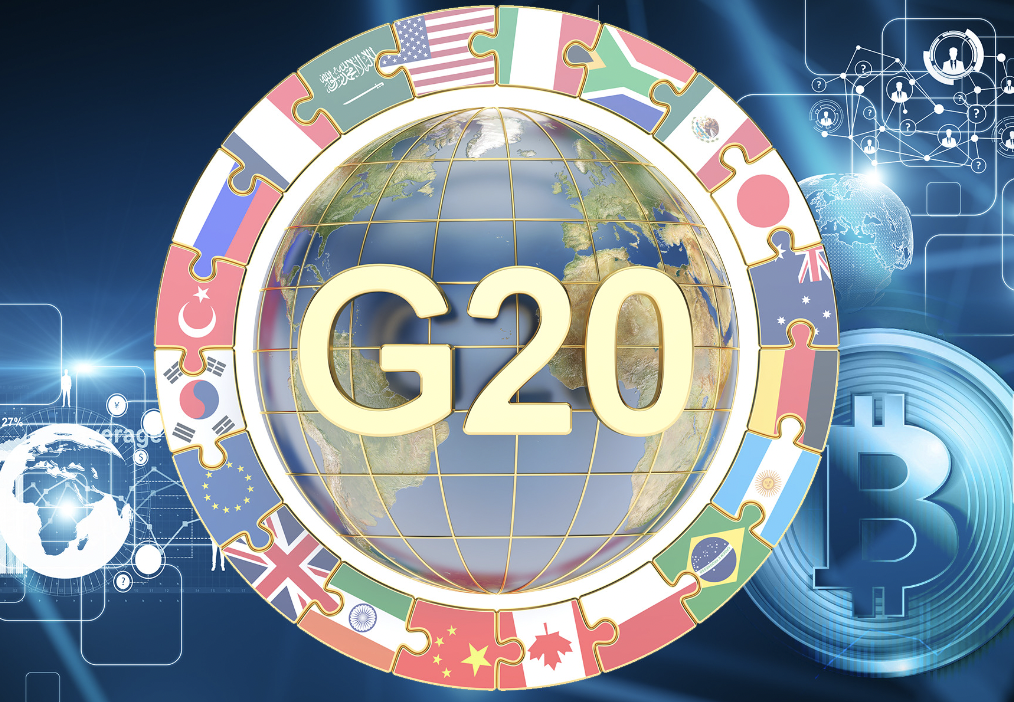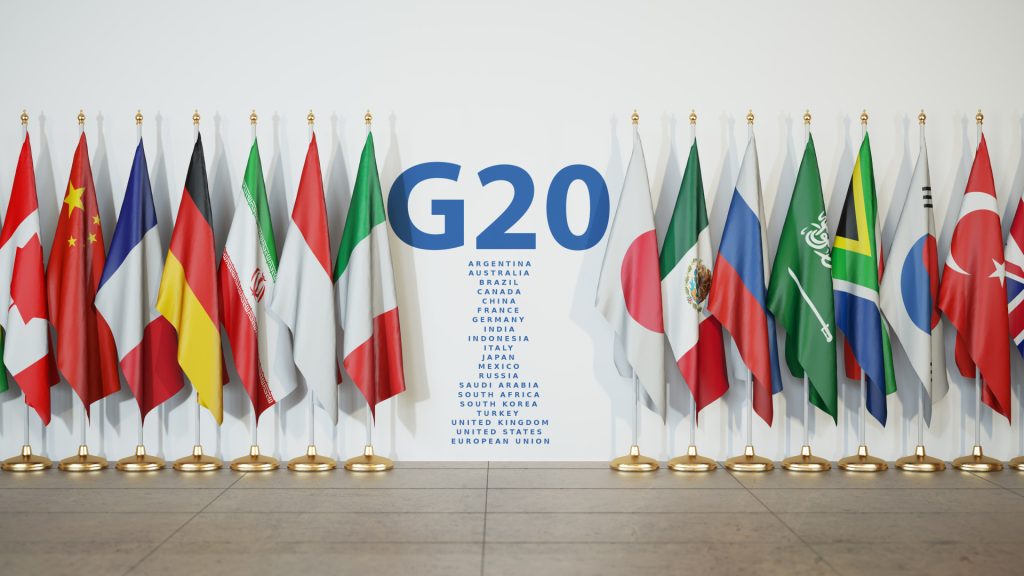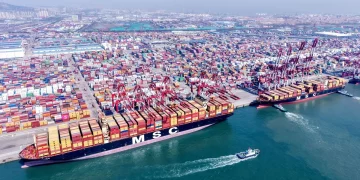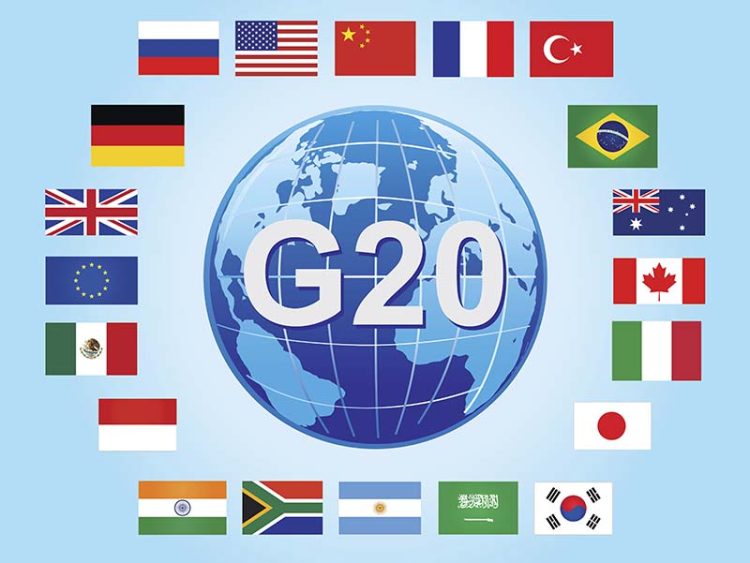Growing Economic Impact:
As the influence of G20’s large emerging markets on the global economy intensifies, the past two decades have seen a significant integration of these economies with global markets, leading to an increased economic “spillover effect” on other regions of the world.
Understanding Global Spillovers:
Amid weakening growth prospects in China and other prominent emerging markets, policymakers within the G20 emerging markets and the potentially impacted nations must grasp how economic slowdowns can proliferate through the global economy.
A Decade of Change:
As detailed in the analytical chapters of April 2024’s “World Economic Outlook,” the domestic shocks within G20 emerging markets have produced spillover effects on economic growth, which have been magnifying over the past twenty years and now parallel those of developed economies. Our analysis also delves into how such shocks disseminate through trade to companies and industries in other countries.
China’s Dominant Role:
China, generating the most significant spillovers, now rivals the United States in its role in altering emerging market outputs. Additionally, other G20 emerging markets such as India, Brazil, Russia, and Mexico, have also significantly influenced their neighboring economies.
A Tripling in Global Output Impact:
Our simulations, supported by a multi-country multi-sector trade model, suggest that a decline in productivity within G20 emerging markets could depress global output, an effect which is now over three times larger than in 2000.
Industry Spillover Dynamics:
Since China’s WTO accession in 2001, G20 emerging markets have doubled their share in world trade and foreign direct investment, now accounting for one-third of global GDP. These markets have become major importers of finished goods and exporters of intermediate products, particularly in the manufacturing and mining sectors.

The Ripple Effects of Integration:
With G20 emerging markets increasingly woven into the global value chain, their developmental shifts can exert more substantial impacts on foreign firms.
Potential for Growth and Competition:
Faster than expected economic growth can boost revenues for foreign companies in sectors like electrical equipment, machinery, and metal products, which lean heavily on demand from G20 emerging markets. Accelerated growth in emerging markets, such as Indonesia and Turkey, may also benefit foreign industries reliant on affordable inputs. Conversely, quicker growth may lead to these markets augmenting their production capacities, offering new products that compete directly with those of overseas firms. The import competition effect from low-wage countries, such as China and Mexico, seems to dominate industries that largely depend on foreign suppliers, like textiles and chemicals.
Shifting Economic Activities:
Thus, shocks in G20 emerging markets could trigger a large-scale re-allocation of economic activities across countries and sectors, a rather unsurprising phenomenon.
Differing Outcomes Across Industries:
Our modeling analysis reveals that due to widespread productivity declines, most industries could face contraction, particularly in Asia. However, the spillover effects are not uniform, chiefly when productivity drops focus on industries deeply integrated with the global value chain. In such scenarios, manufacturing industries in the rest of the world (especially textiles, metals, and electronic sectors) may expand as they capitalize on reduced supply from G20 emerging markets.
Employment Adjustments:
The employment landscapes in countries affected by spillovers will also recalibrate. Positive productivity shocks in G20 emerging markets could lead to unemployment within the same industries due to intensified competition. However, spillovers spread through globally interconnected industries often generate complementarity and more employment opportunities.
The Burgeoning Responsibility:
G20 emerging markets, particularly but not exclusively China, remain central to the global and regional spillover dynamics.

Global Risks and Opportunities:
The negative spillover effects of a growth slowdown in G20 emerging markets, especially after supply-side shocks, could imperil the downward trajectory of inflation in developed economies. In other emerging and developing economies, the impact might be more considerable, threatening economic growth and income convergence.
Acceleration for Global Growth:
China’s powerhouse manufacturing sector and its deep integration with the global economy mean the repercussions of its economic slowdown could be notably severe. Yet, the growing prominence of all G20 emerging markets implies that other nations can help sustain global economic development. Growth accelerations in these countries could foster positive global spillovers, potentially boosting the world economic growth rate by 0.5 percentage points.
Costs and Opportunities of Economic Recalibration:
The spillover effects from G20 emerging markets can necessitate economic activity and job opportunity reallocation across firms and industries, carrying high costs but also creating new prospects. Structural reforms, particularly in the labor market and business regulation, could aid industries likely to benefit most from re-allocation. Policymakers should also implement inclusive policies, including targeted fiscal support, to facilitate efficient labor re-allocation among industries, minimizing the spillover’s adverse distributional impacts on income.
Preserving Global Economic Stability:
As the center of global economic power continues to shift, effective multilateral cooperation and international policy coordination, including strengthening the global financial safety nets to manage spillover effects and minimize fragmentation risks, remain a top priority.































